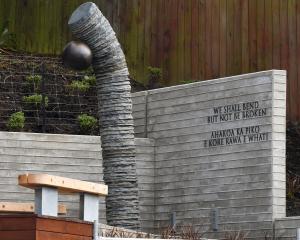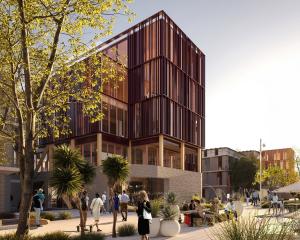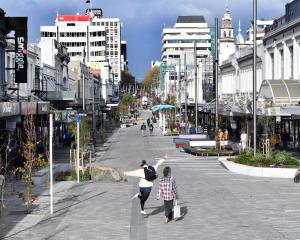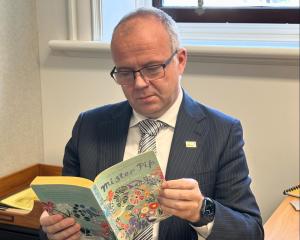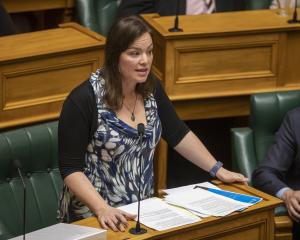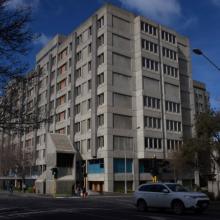
Canadian poet and balladeer Leonard Cohen, in the song Going Home, describes himself (and by implication every other human being) as "nothing but a brief elaboration of a tube".
Long before I had my recent brain surgery to remove a non-malignant pituitary tumour, the harsh, elemental reality of his words had an impact on me.
I relished the dark humour and the simple truth in his description of the human body and thought little about its cynical dehumanising implications.
It was only after my operation, when I (along with several other ill people) was in bed in the High Dependency Unit of Dunedin Hospital, that the stark reality of his words took hold of my imagination.
Here we are, I thought, a row of elaborated tubes of various shapes, sizes and ages, lying connected to a range of plastic medical tubes, in turn linked to monitors or receptacles.
The picture conjured up some kind of space ship; humanoids in space needing to be kept alive by artificial means. It is, strangely, both reassuring and disturbing to be in this situation. There is the fatigued feeling that the ‘‘mother ship’’ is somehow looking after us all as we passively accept sustaining medical intervention; there is also a deep and disturbing feeling of insecurity about having to hand over control of one’s body to care of the system, the care of others.
And there is a lot of time to think.
Our health system comes under scrutiny and is the recipient of regular criticism. The vigilant eyes of the vulnerable and sick and their families focus readily on those working in the health system, in the "mother ship".
And, in an era floundering in thrall to neoliberal economy, there are frequent attempts by underfunded hospital boards to cut costs through merging or centralising services.
It was not so long ago that Dunedin Hospital (and, let us not forget, the Otago Medical School, which is part of it) was threatened with the loss of neurological surgery services to Christchurch.
Public opinion (and, one would hope, common sense) prevailed.
So, fortunately, I did not have to somehow make a long journey from Wanaka to Christchurch when I had a sub-acute internal haemorrhage of a pituitary adenoma.
Instead, an astute assessment in the Wanaka Health Centre ascertained that my symptoms, similar to the rampant flu bug at the time, were more serious.
An ambulance trip to Dunstan Hospital and a brain scan confirmed a suspected pituitary adenoma and within 24 hours I was admitted to the neurosurgery unit in Dunedin Public Hospital.
Two days later, I had what was described as "major brain surgery": a transphenoidal resection of a pituitary macroadenoma.
Remarkably, four days after the operation I was discharged.
I say remarkably, because that is the best description of the care I got.
The staff, cleaners, aides, nurses, house surgeons, registrars and surgeons were patient, showed humour, they engaged, were kind and careful.
They gave good care.
And they did it while moving their services from one space to another in the hospital because of "structural changes".
If you can imagine having to care for very ill people while moving house, you will have an idea about what stress they were under.
And they managed it well, with great good humour and patience.
I am convinced that I was able to leave hospital so soon after my operation because of this care.
It is this care from the people on the floor that mitigates the dehumanising elements of hospitalisation.
In turn, this can only aid recovery and wellbeing, permitting people to leave hospital sooner rather than later.
If governments, hospital boards and managers want to save money, they need to know this.
As for me, I left hospital four days after major brain surgery knowing that we human beings are much more than "a brief elaboration of a tube".
- Elisabeth Muir is a Wanaka resident.



